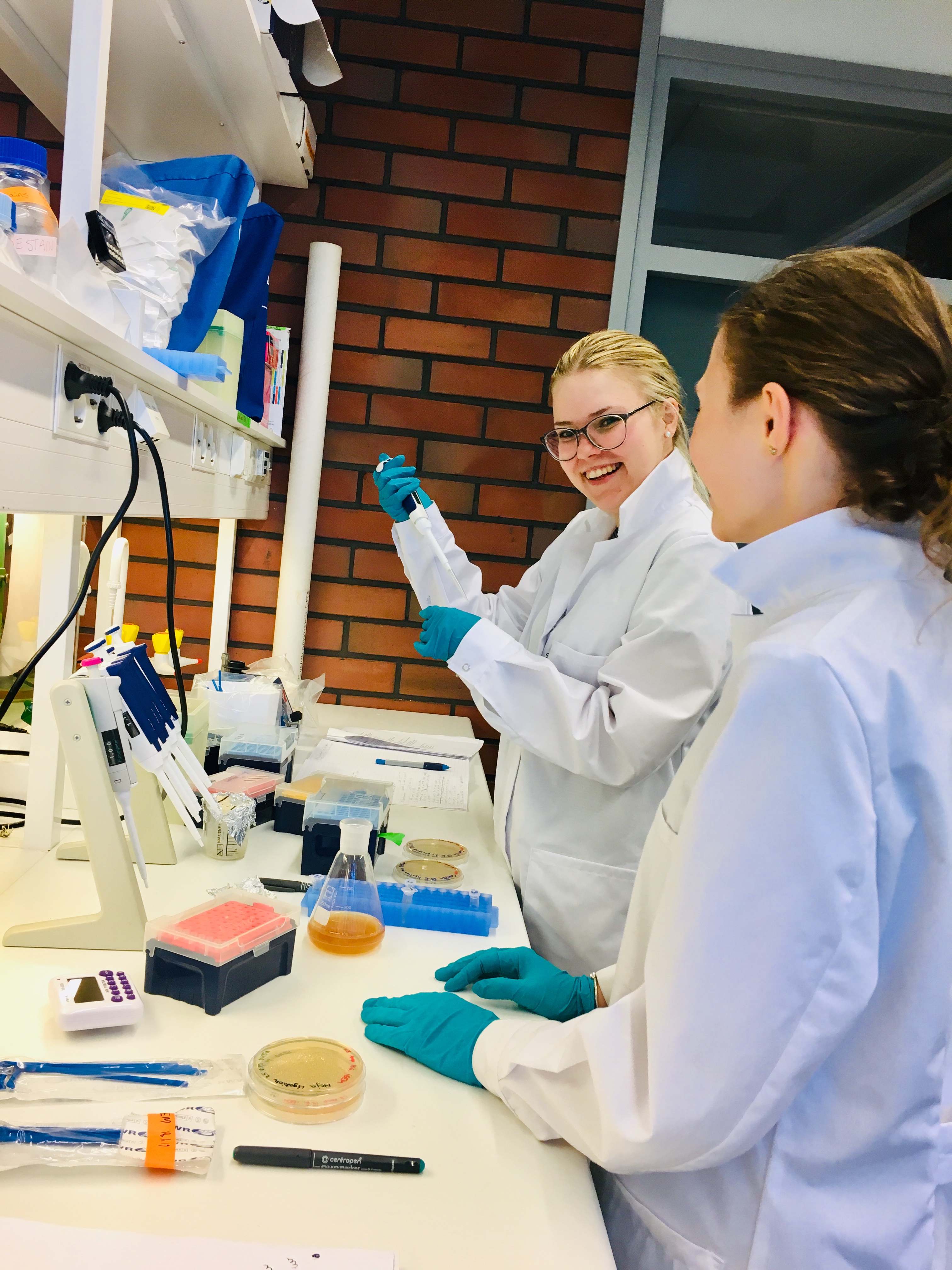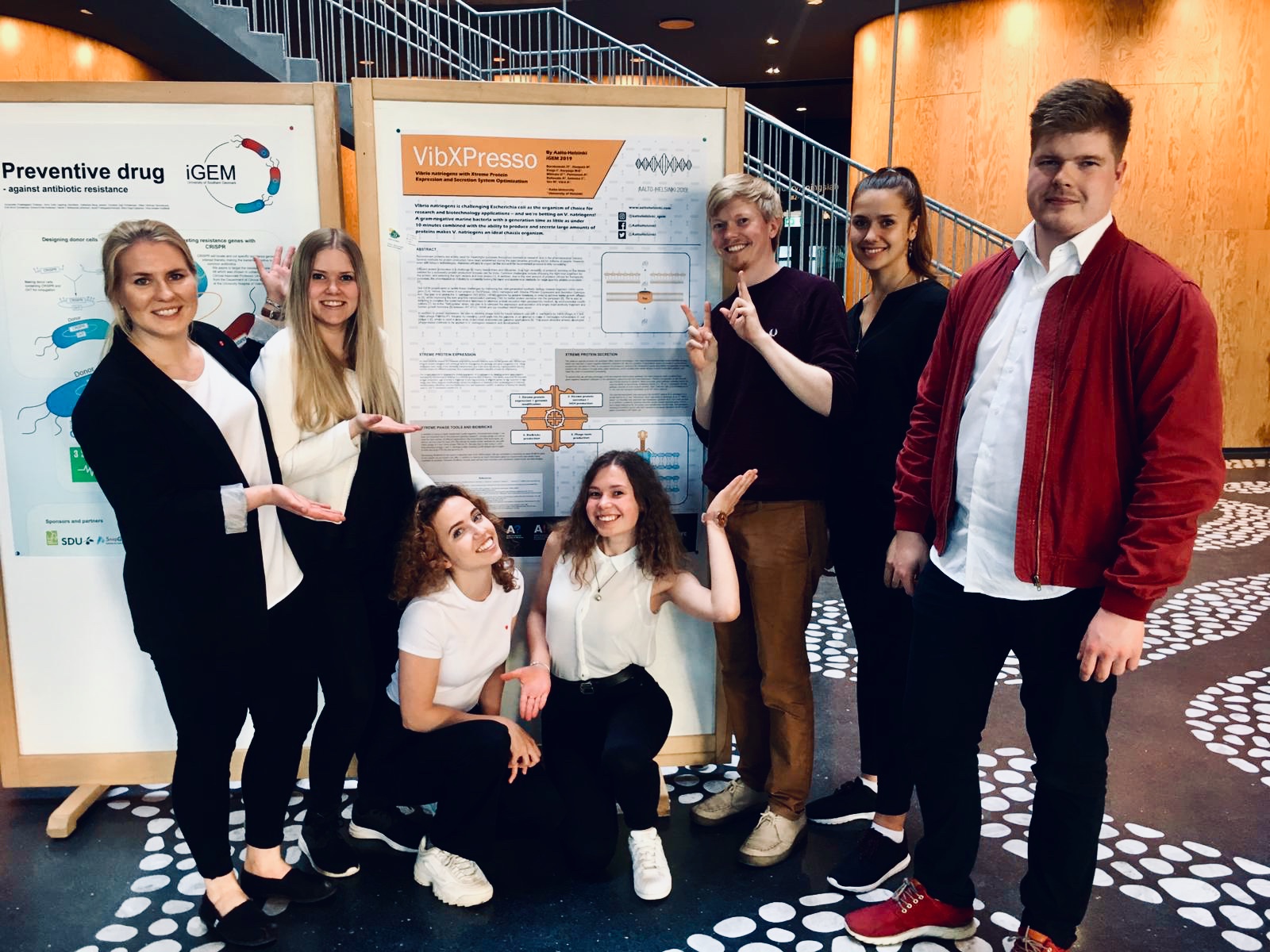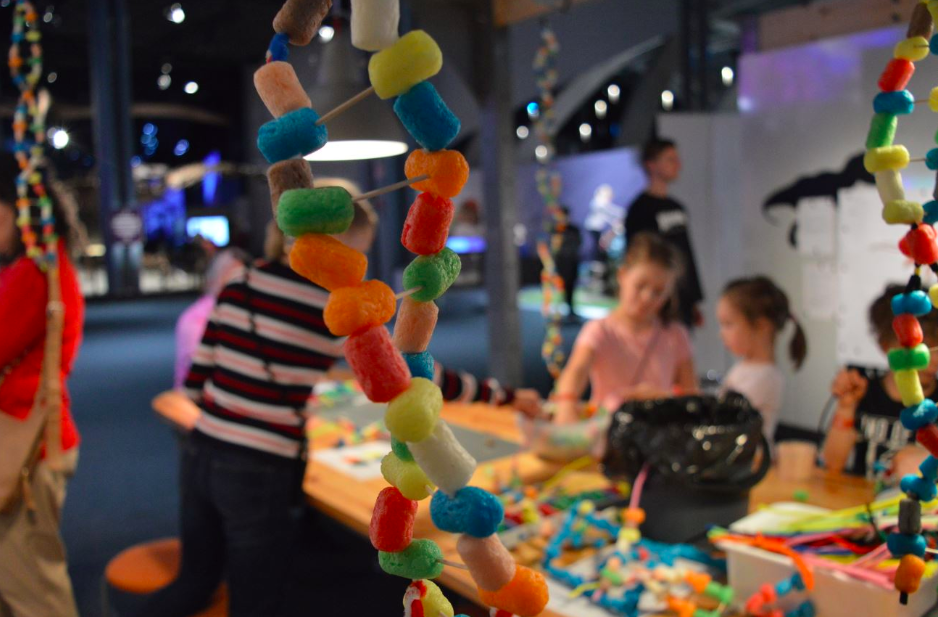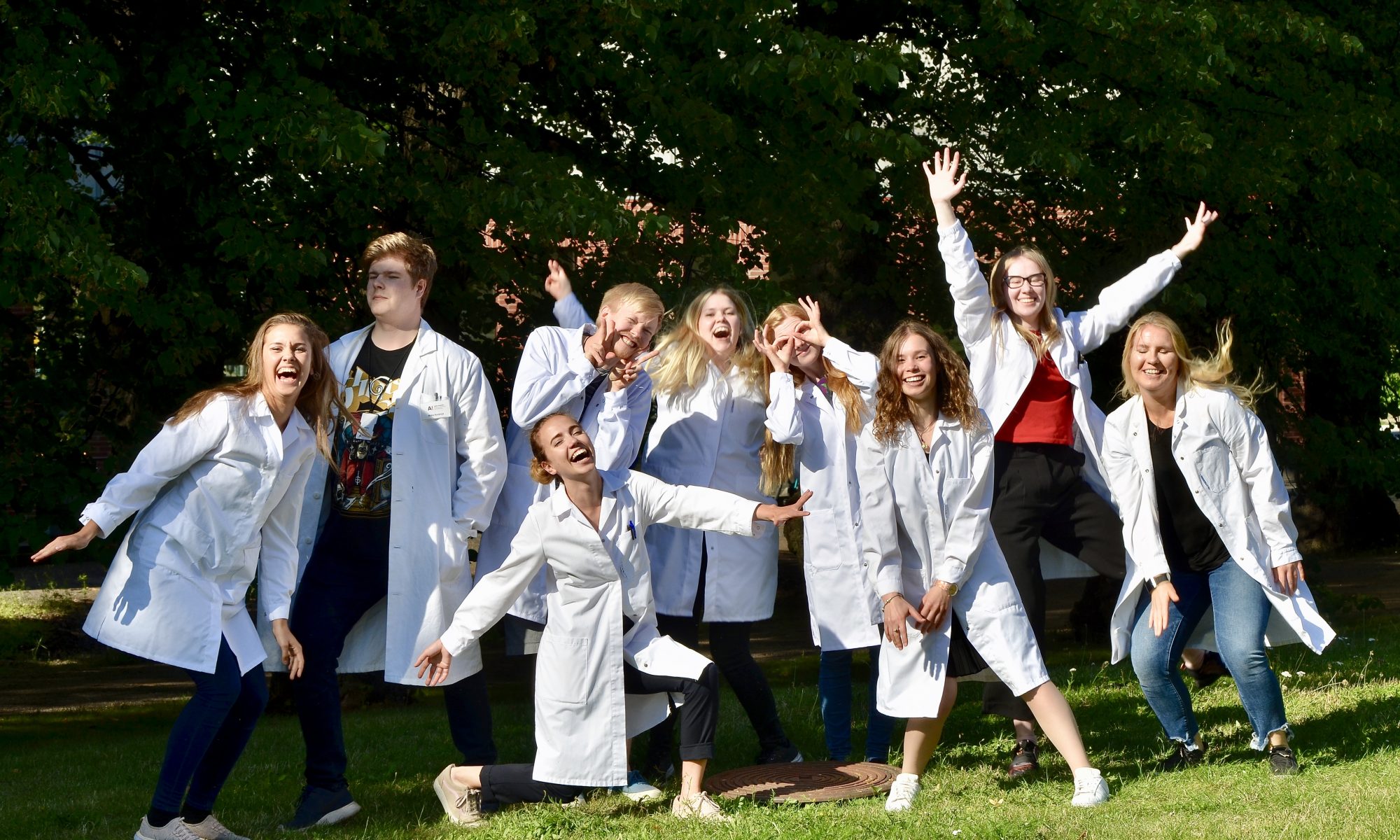iGEM, which stands for International Genetically Engineered Machine, is the world’s largest competition for student projects in the field of synthetic biology. Student teams get to choose any topic related to synthetic biology for their project and implement it in a span of half a year to a year.
What is synthetic biology? is a common question that iGEM participants get asked. Synthetic biology means engineering organisms to produce or contain components that are absent in nature, such as new kinds of enzymes, genes or metabolic pathways. Its applications lend a helping hand to, for example, the medical and energy industries.
According to Ilse Kaaja, the captain of the Aalto-Helsinki 2019 team and a student of Translational Medicine at the University of Helsinki, the most important issues which synthetic biology is tackling stem from climate change. For example, the food industry could apply it to meet the growing demand for food while keeping food production sustainable in the future.

The eleven students in the Aalto-Helsinki team designed a project called VibXpresso, in which they delved into the production of medical proteins in Vibrio natriegens. The team sleuthed two problems: firstly, the demand for biopharmaceuticals is increasing due to the aging of the population and the growing prevalence of diseases, and secondly, the steepening prices of medication are exacerbating inequality. Motivated by these issues, the team aimed to fine-tune the microscopic medicine machine to achieve efficient and affordable production of therapeutic proteins. Ilse describes the project as successful but notes that there is still a lot of potential for future development.
“iGEM lets students do projects about out-of-the-box ideas without the pressure to get publications that is common in the rest of the scientific world”, Ilse says. Although the team received tips from advisors who have more experience with laboratory work, the students got to make all the decisions.
Additionally, the iGEM experience is rich with opportunities for learning. During the project, Ilse learned about synthetic biology and gained experience in teamwork, planning and organizing everything that happens in a laboratory – and understood how complicated it can get – as well as project-based undertakings. When it comes to learning about these things, practical experience is invaluable and can often pack more punch than lectures.
Besides being a learning experience, iGEM is peppered with international networking opportunities with other iGEM participants and professionals who work in the field of synthetic biology. The Aalto-Helsinki team has traditionally participated in a Nordic iGEM conference and a European iGEM conference which take place in different countries every year. Additionally, the competition finishes with a Boston-based conference called the Giant Jamboree where all the teams come together to present their projects. “The conference trips with the team were the most enjoyable part of iGEM”, Ilse says.

Public education is a vital part of the science competition. The team organized synthetic biology themed workshops in the Heureka Science Center and gave talks about synthetic biology to high school and university students.
”People tend to be suspicious of genetically modified organisms in food. Public education will play an important role in how synthetic biology is seen in the future.”
Furthermore, the team has published a podcast series called Keinotekoja which puts synthetic biology in layman’s terms. The four-part series, which will be extended with more episodes according to Ilse, introduces synthetic biology and how it’s utilized to develop environmentally sustainable solutions, as well as discusses the importance of opening up science to the public.
”People tend to be suspicious of genetically modified organisms in food”, Ilse says. When it comes to the medical industry, people are often unaware of how many medications, such as insulin, are produced with the methods of synthetic biology. However, those who know tend to be accepting of its use in the medical industry. “Public education will play an important role in how synthetic biology is seen in the future”, Ilse believes. Projects such as iGEM can serve as important channels of spreading scientific knowledge.

The competition is over, but the team has the final stretch left: recruiting the next year’s team to continue Finland’s six-year run. Ilse describes what kind of people are needed in the next team: people who are interested in synthetic biology, are team workers, want to experience a student project, and are motivated. Your educational background isn’t all-important, because many different skills are needed, and iGEM isn’t limited to lab work. If you’re interested, head over to www.aaltohelsinki.com and read more about applying.
– Pauliina Rautanen, IHB student and LSE blogger


